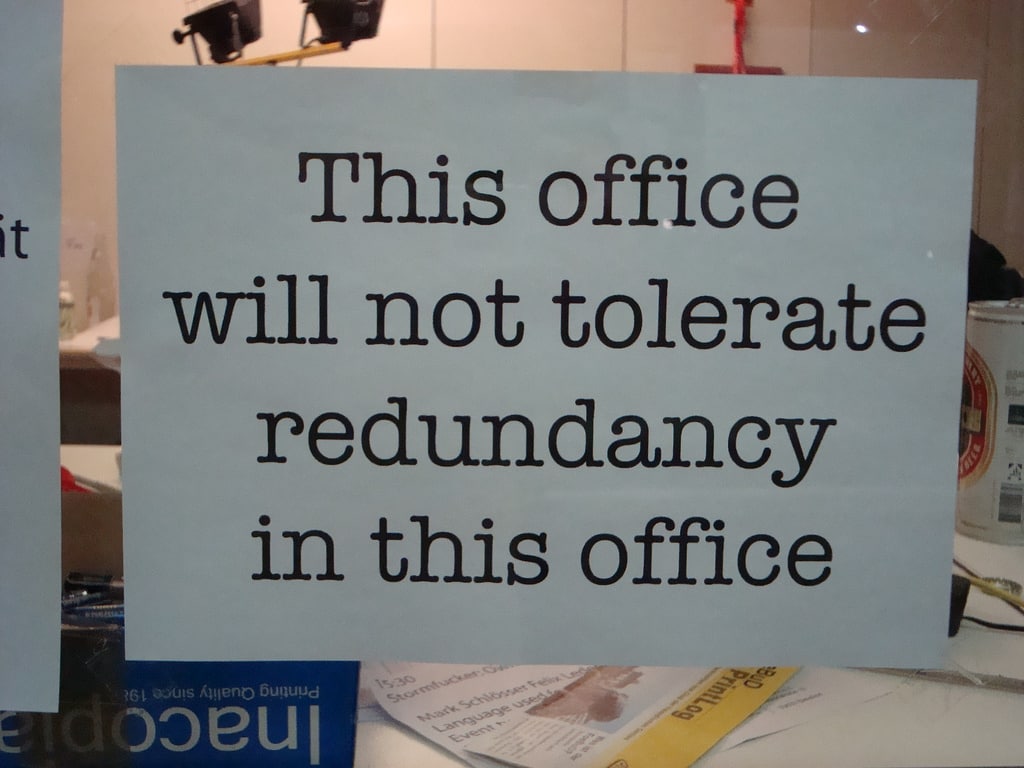You’re trying to attract new talent — and you want to launch a recruiting campaign that reflects your company’s unique culture, values, and personality.
You need to train your latest group of new hires, but your current materials are outdated, boring, and poorly organized.
You need to make sure that your employees really understand their benefits. Your written materials have to be thorough and detailed — but they also have to be clear, readable, and accessible to everyone on your team.
If you’ve been in any of these situations before, you already know that HR materials can be a bit of a challenge. HR writing projects are writing-intensive and they often require buy-in from team members at multiple levels and across several departments. They require a skilled editorial eye to ensure just the right balance between conversational and corporate-speak. They also require detail-oriented, Type-A project management skills to ensure that they don’t stall out somewhere along the way.
That’s a tall order — and it’s practically a full-time job in itself.
And that’s why you should hire us. Our talented team of professional writers, editors, and project managers can handle the heavy lifting on your next HR writing project.
Extensive HR Writing Experience
When you work with The Writers For Hire, you’re getting much more than a freelancer: you’re getting a team of experienced, educated writers and editors. We’ve got decades of experience writing for a wide range of industries. We can handle technical and niche topics, and we excel at managing large writing projects with multiple moving parts.
Our extensive portfolio includes a variety of HR writing projects for clients in just about every industry out there, from enterprise software solutions to aviation; from oil and gas to accounting; from hospitality to health care.
Our team of experienced writers, editors, and project managers are available to help with your next HR writing project:



